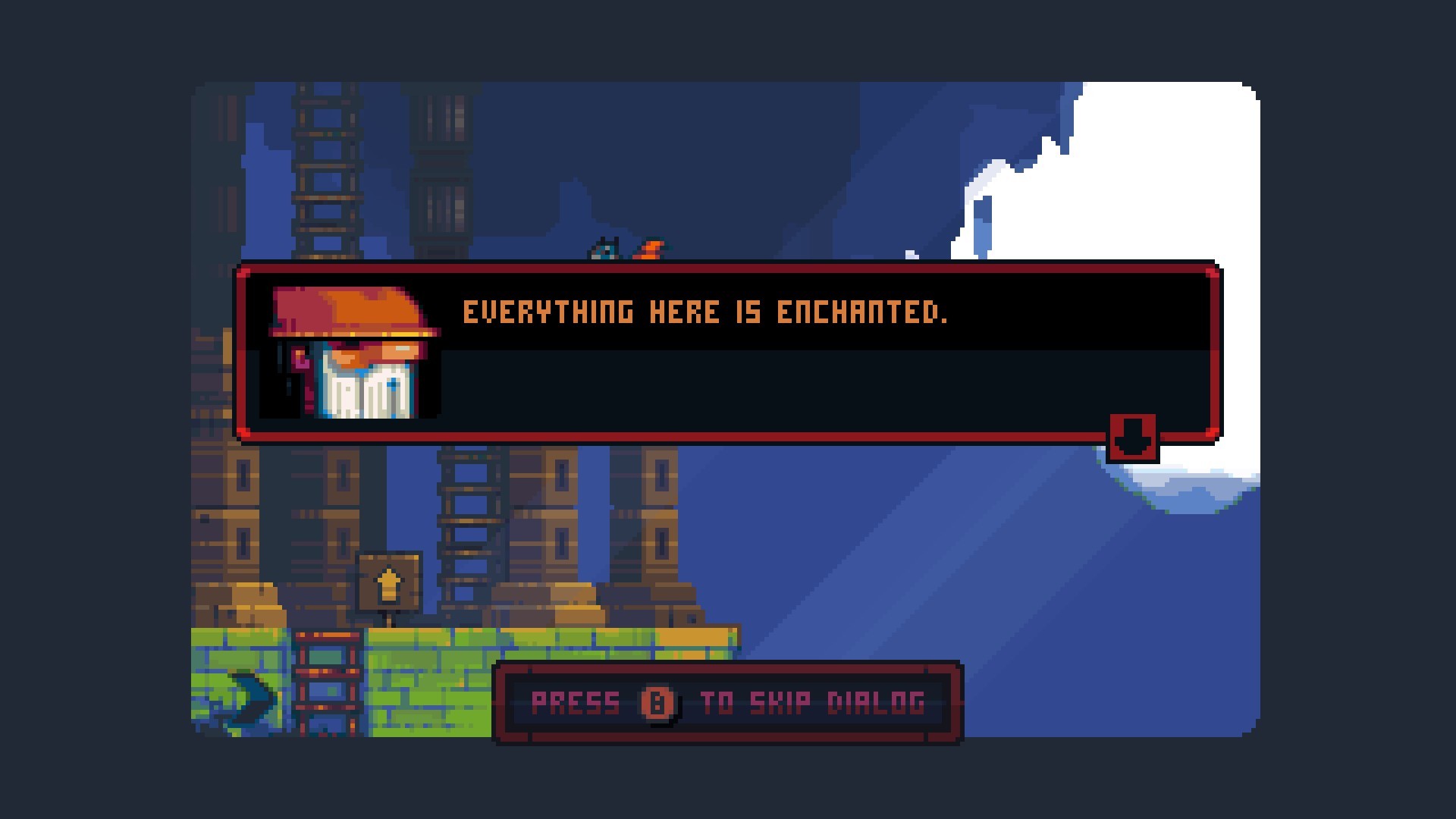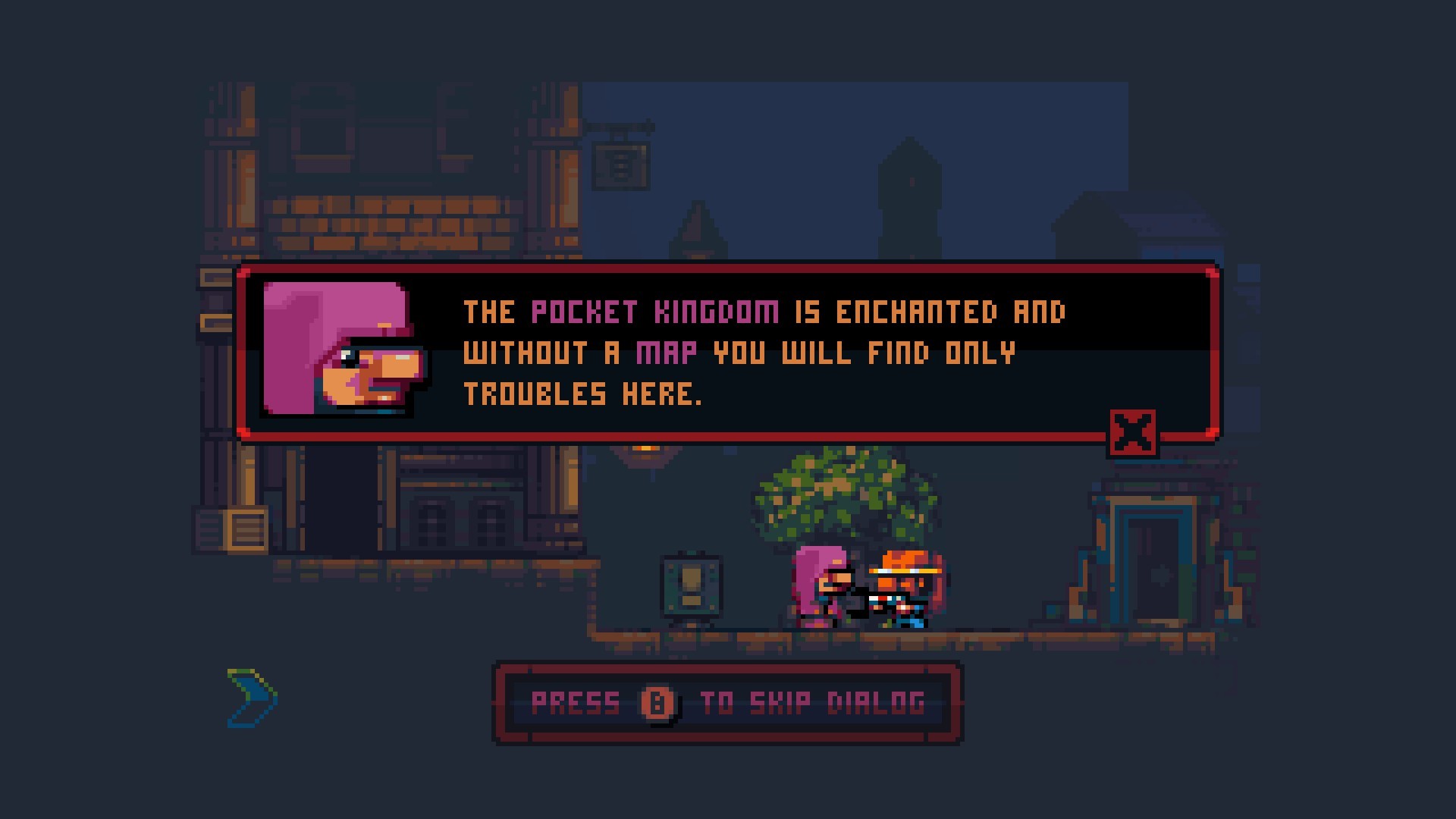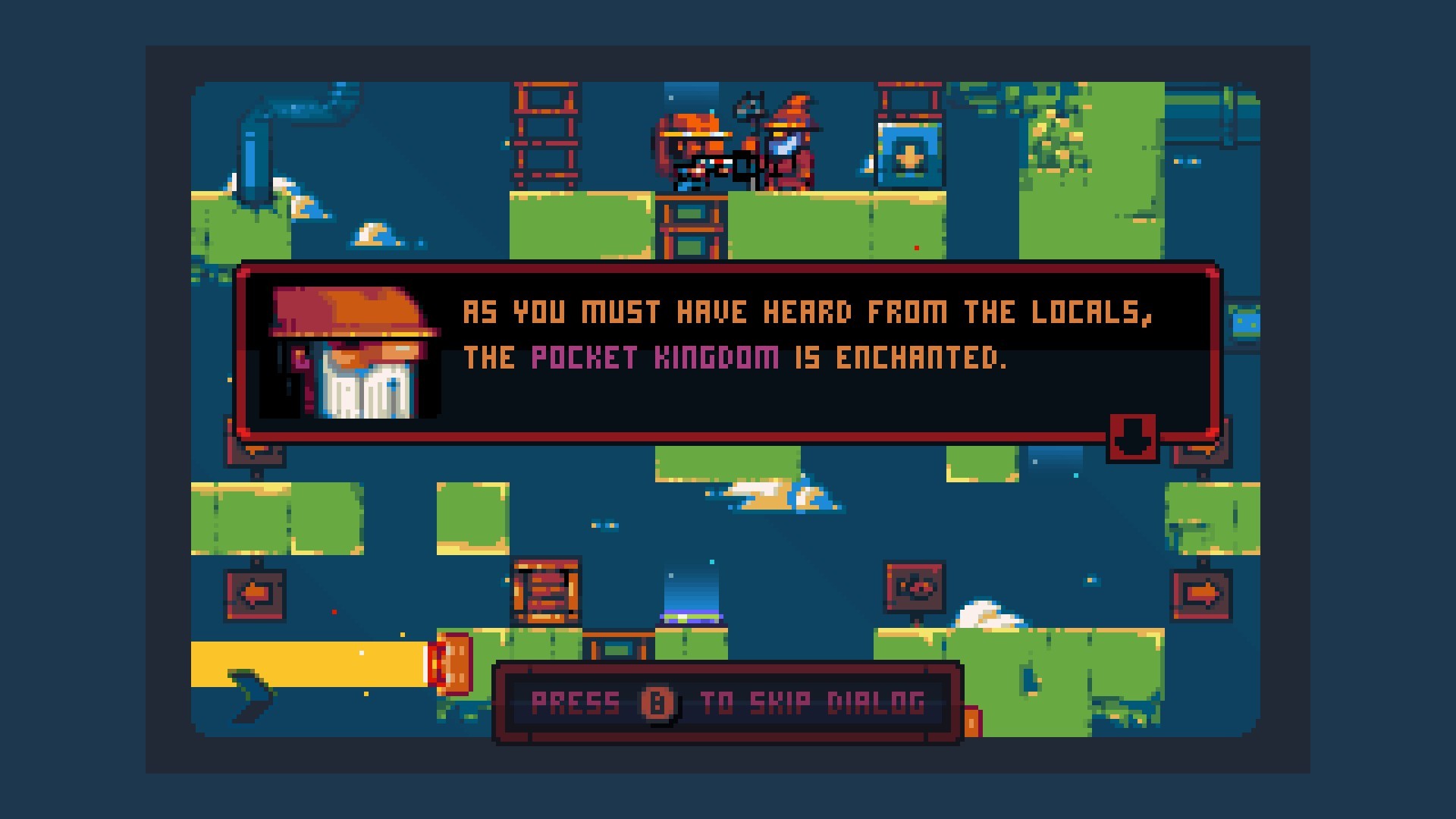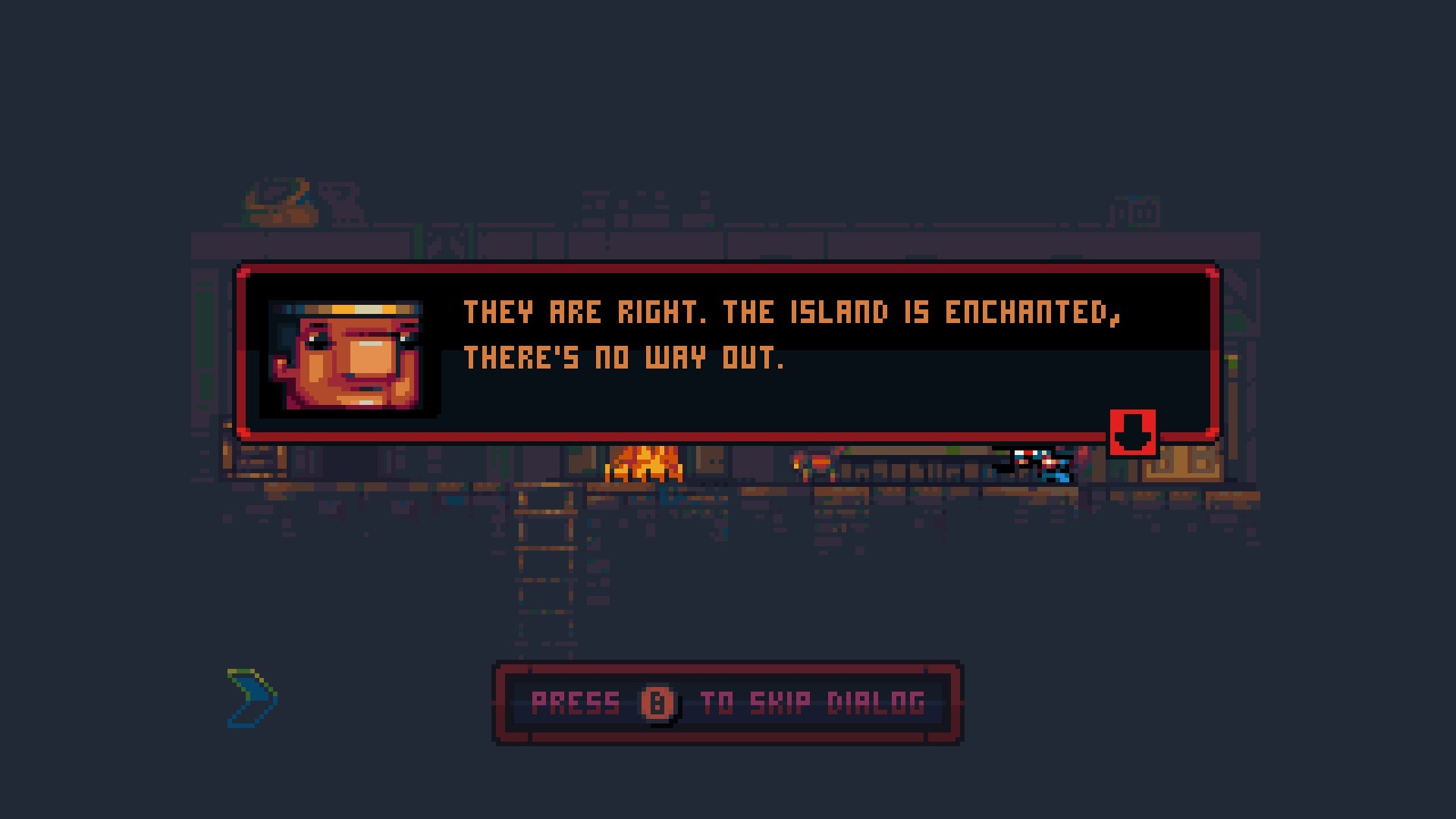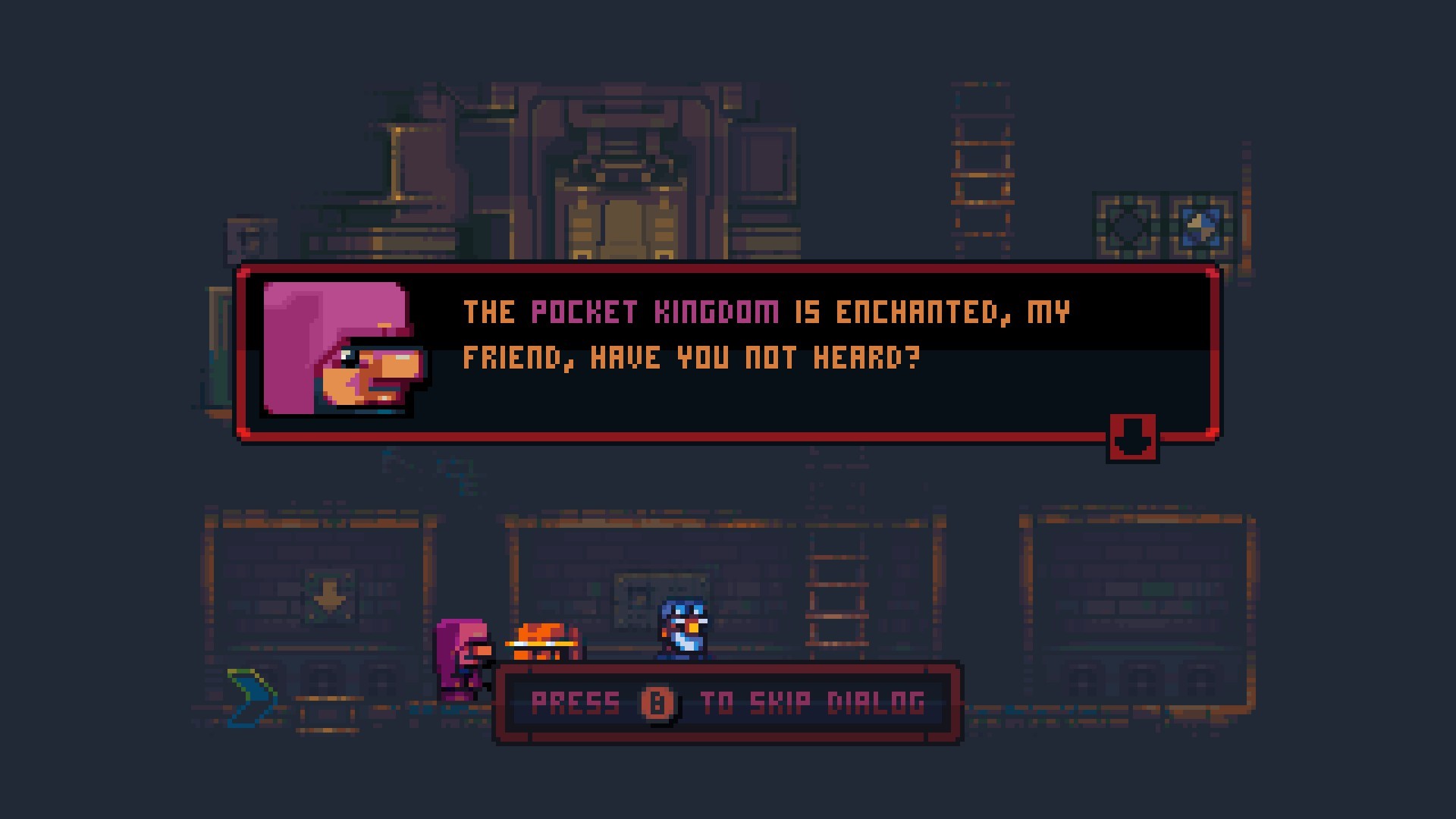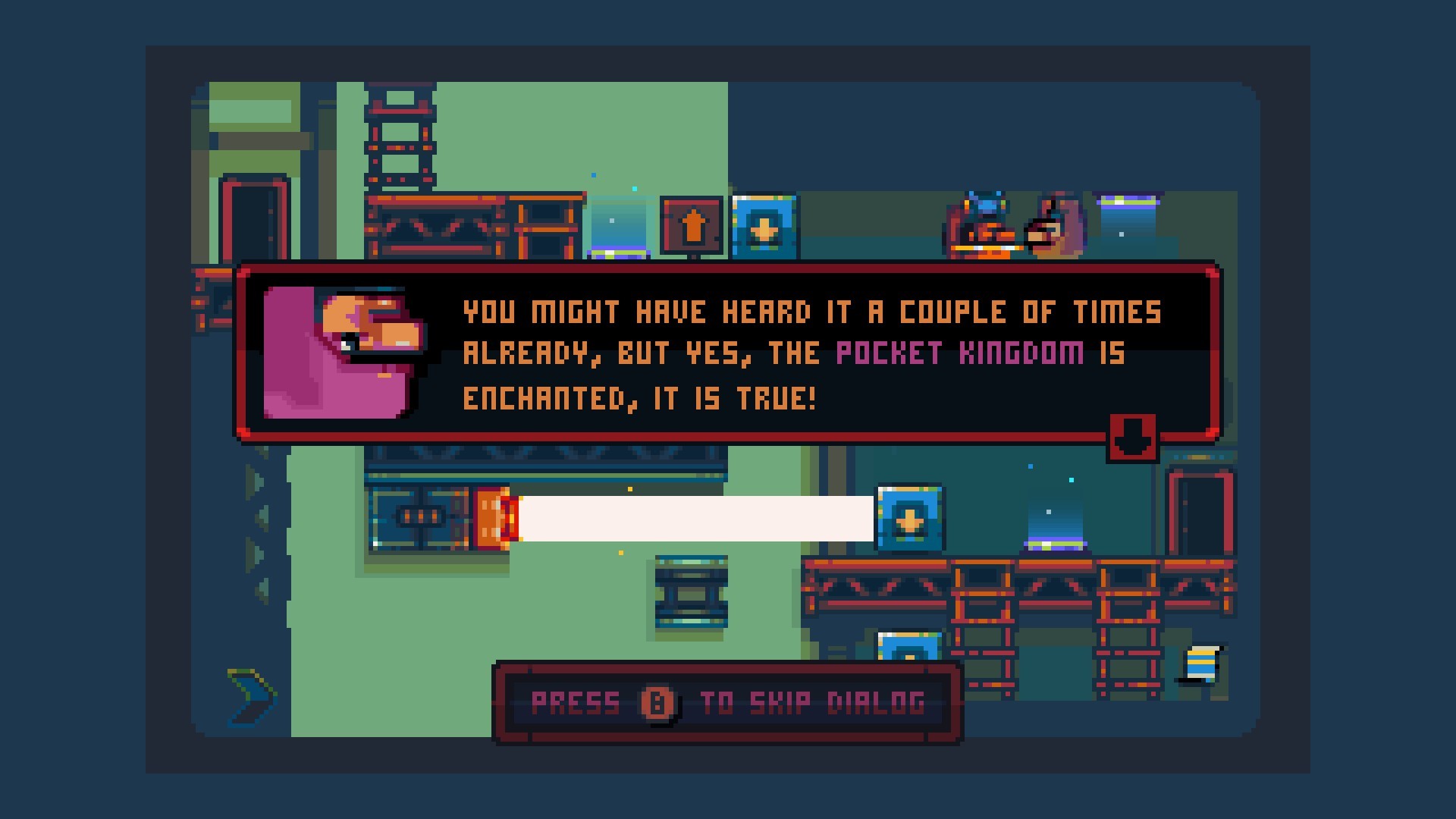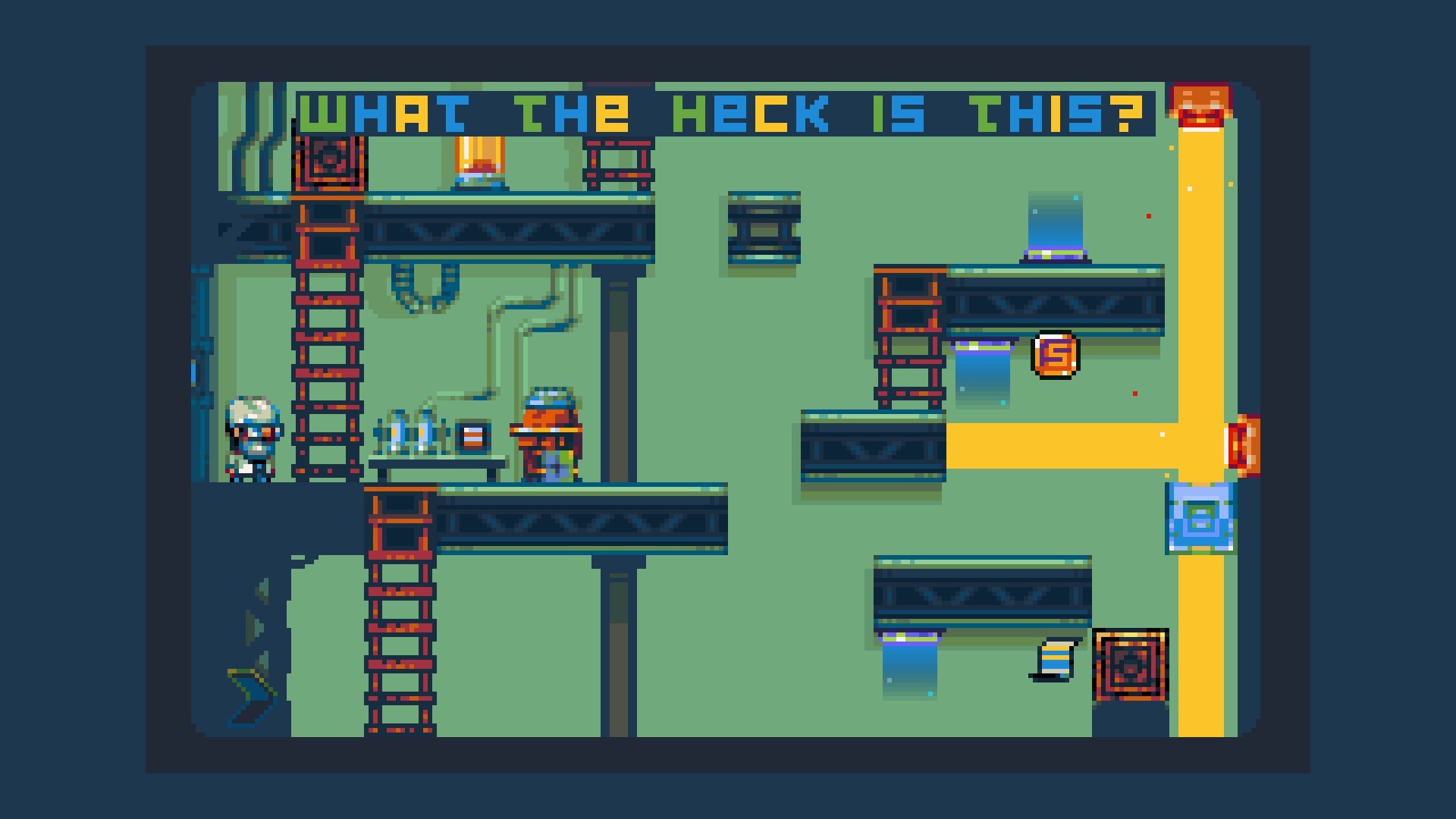Six years later, thanks to that same charity bundle that's been getting me in such trouble recently, I finally bit the bullet on the Thief reboot. And it's roughly what I expected, more-or-less.
The "more" is Thief's overall aesthetic, which is satisfyingly moody and foreboding. I'll just assume that this team took extensive notes from Dishonored because Thief's art style nails that same "feel" of quasi-Victorian English malaise. (No small thanks to its embrace of literal darkness and shadows.) This does an admirable job of visually reinforcing the game's downtrodden-peasants and privileged-elite setting.
The "less" is the story, and the sense of freedom. Both of which I'd consider ... pretty important.
Thief's introduction expends significant time and effort setting up its plot, which is an unfortunately awkward mismatch of gritty realism and dark fantasy. Erin goes on and on about how being a thief is cool, and stealing is great, and the only thing that matters is theft, while Garrett just stands there and broods. The writing sometimes feels like a fan-fiction accompaniment to the 1998 original: so desperate to expand an existing franchise that it discards the very idea of subtlety.
And while Thief's city map might resemble an open-world sandbox, that resemblance is more lie than truth. For one thing, there are loading screens inbetween map sections, so -- it runs somewhat contrary to the spirit of "open world." And even within those sections, there's a disappointing lack of options or activity: only some surfaces allow you to clamber over debris, or climb a wall, or use a rope arrow. For all the traversal tools at Garrett's disposal, his opportunities to use them are depressingly few.
The rest of the game is exactly what I suspected it would be, back in 2014. You sneak, and you steal things, and that's it. The sneaking is less Metal Gear Solid or Splinter Cell, and more classic Hitman: while Thief indicates when you're in shadow versus light, and shows an alert level over the enemy's head, the difference between "maybe they see me" and "time to reload my save file" is borderline imperceptible.
As for the stealing, well... the lock-picking mechanic is annoying with a mouse, but otherwise theft is a straightforward loot-the-drawers affair. It's kind-of a funny follow-up to my recent experience in Fallout 4: while I'm all in for meticulously exploring a room and liberating its valuables, I still need some high-level motivation. Thief doesn't even unlock its equipment and ability upgrades until the second mission, and even then... really? So the cash value of a stolen item is a direct analog to experience points? This feels like a lazy justification for Erin's "stealing is great" attitude.
Thief is impressively well-polished in some areas, but utterly unsubstantial where it counts. I think there is some simple fun in here if you turn off your brain and don't mind Hitman-level amounts of stealth bullshit. But I really feel like, for everything this game tried to do, another game has already done it better.
Better than: Deus Ex: The Fall
Not as good as: Deus Ex: Human Revolution, Dishonored, Mark of the Ninja, Middle-earth: Shadow of Mordor
And as far as thief-simulators go: Skyrim's Thieves Guild is easily more immersive and satisfying than this.
Progress: Met the Queen of Beggars.
